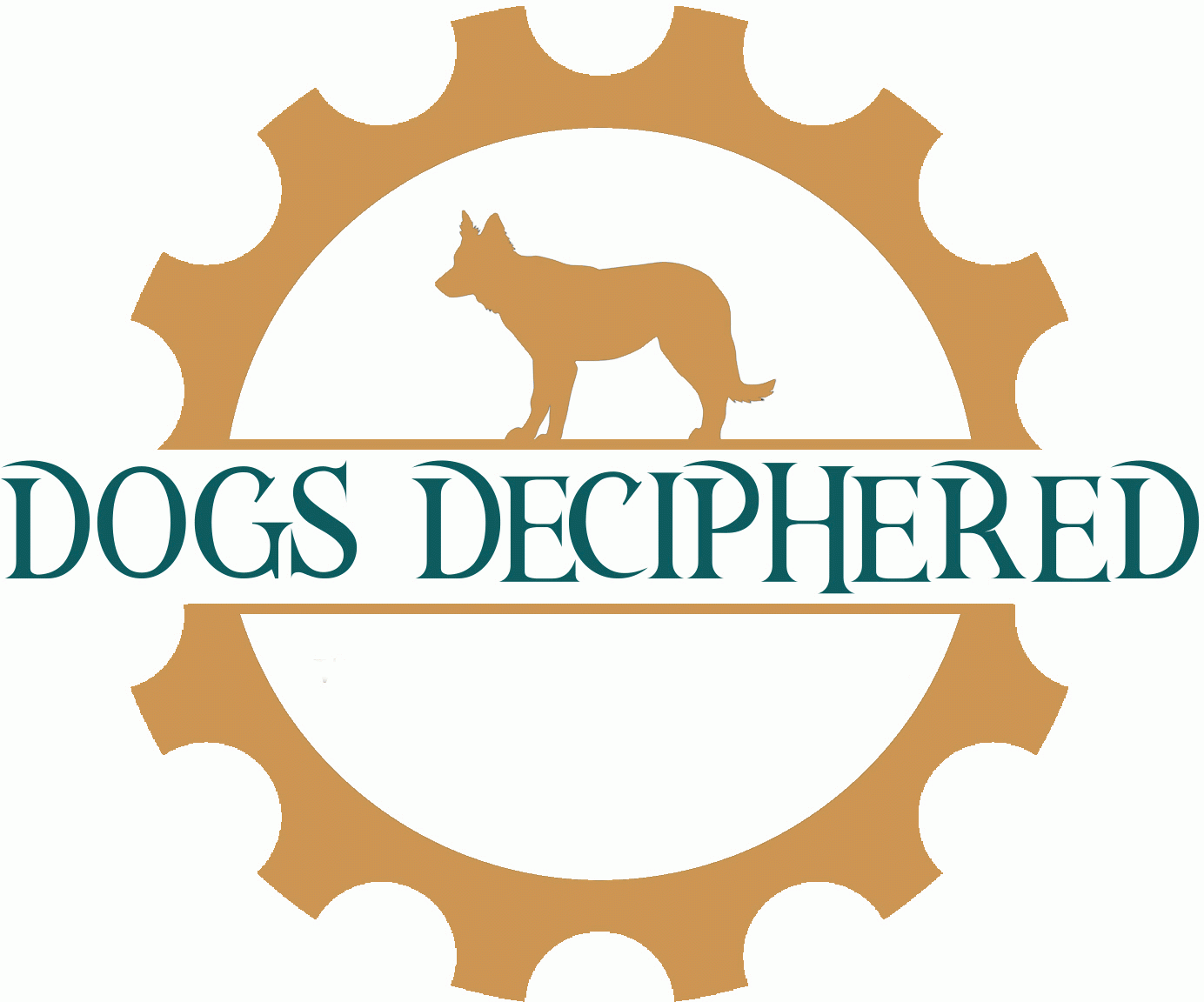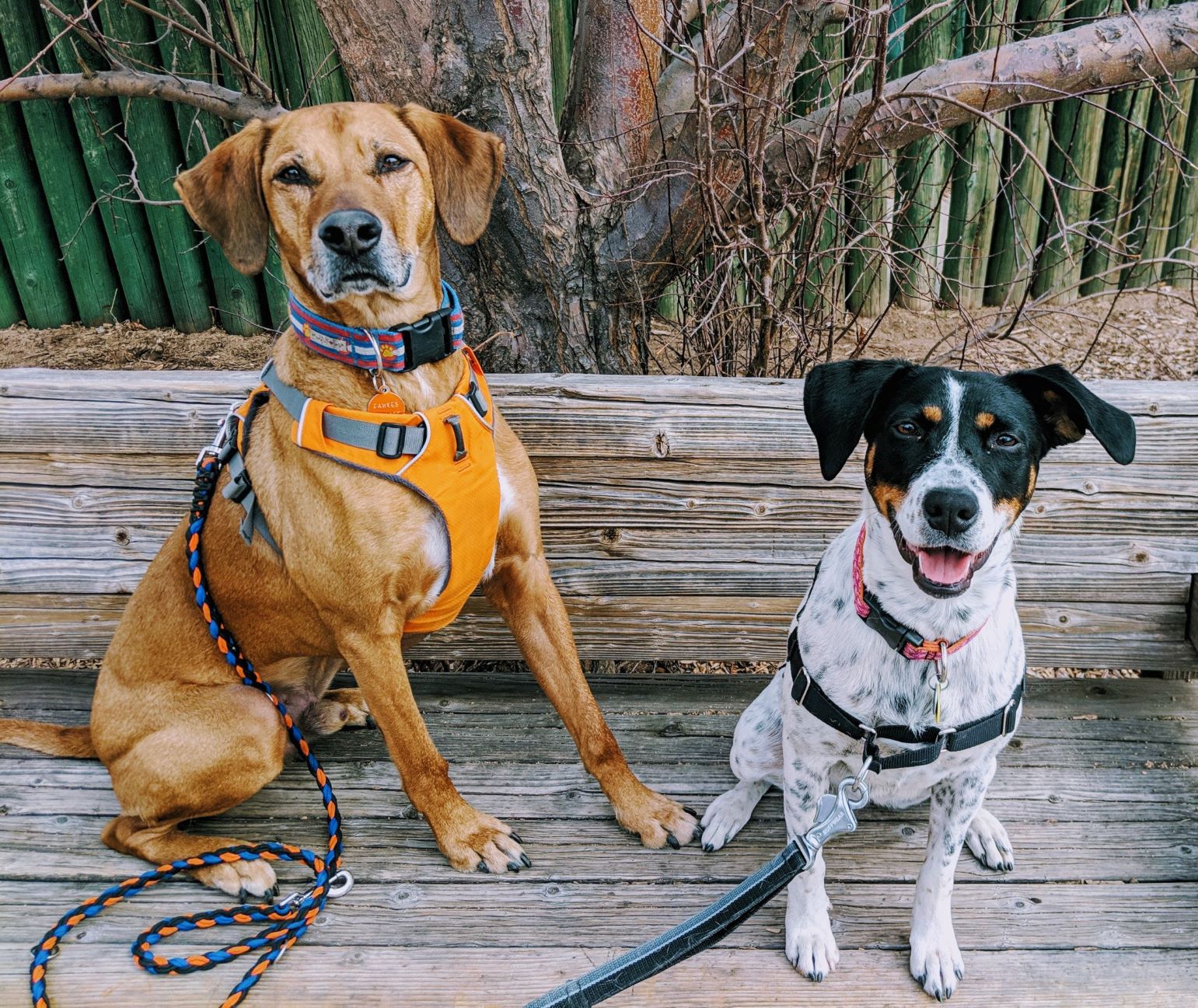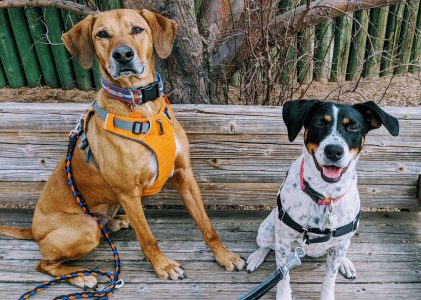Are we holding our dogs back from making the progress we seek?
No matter what we are doing with our dogs, we tell ourselves little stories about who our dog is, and what they are capable of. This happens to pet owners and sport trainers of all types – “My dog is a picky eater”, “My dog doesn’t like men”, “My dog can’t focus outside”, “My dog won’t work in the rain”. We know our dogs and what they like and dislike, right? Those who know me well, know that I am ALL about managing expectations, and creating success for our dogs. It is vital to your relationship with your dog to respect who your dog is as an individual, and to set expectations based on your dog’s current abilities. I often tell people, “Train the dog you have in front of you”, which is typically meant to convey that it’s ok if you have to take a step back and work on your foundations. Recently I’ve been thinking about the other side of the coin, what happens when your expectations of your dog are limiting their progress?
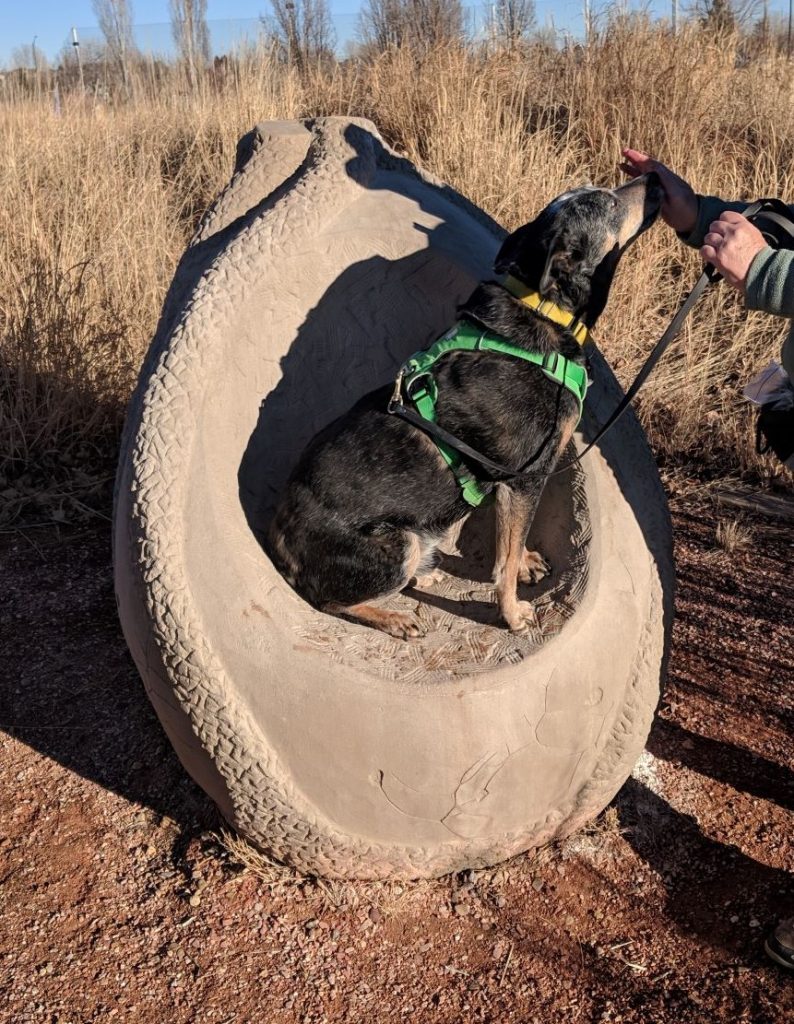
This is an interesting thing to ponder, because isn’t it the whole point of training, to make progress? Why would we stand in the way of our dog’s progress? It’s never intentional, we can all agree, no one would do that. If you trust in your training, and you are consistent in your practice, you are going to see change. It can be a scary process to test the boundaries of this change, and when you are dealing with any behavior where any being is at risk, it is necessary to take additional safety measures to do so. This may mean conditioning your dog to wear a basket muzzle, or using a long line, so that your training can progress.
I see this frequently, from my behavior modification clients, to my K9 Nose Work® students. The work we are doing is designed to change the dog’s behavior, creating more focus, and building confidence as we go along. If we are working on modifying your dog’s behavior, a necessary part of the process is testing how far we have come. This will require stepping out of your comfort zone, and trying something that might be challenging for you and your dog. We always want to create training sessions where your dog can be successful, but that doesn’t mean always keeping them in situations they find “easy”. Your dog will learn more by overcoming a small challenge than by doing the same thing day after day. Similarly, our K9 Nose Work® dogs need a strong foundation of success, but we need to be careful about defining their limits based on what we’ve seen in the past. One of the most amazing things about K9 Nose Work® is the increase in confidence we see in the dogs, and set-ups or search areas that may have been scary or overly distracting become easier as the dog gains odor obedience. By continuing the narrative that your dog struggles in those environments, you may hold back your dog’s ability to overcome those challenges.
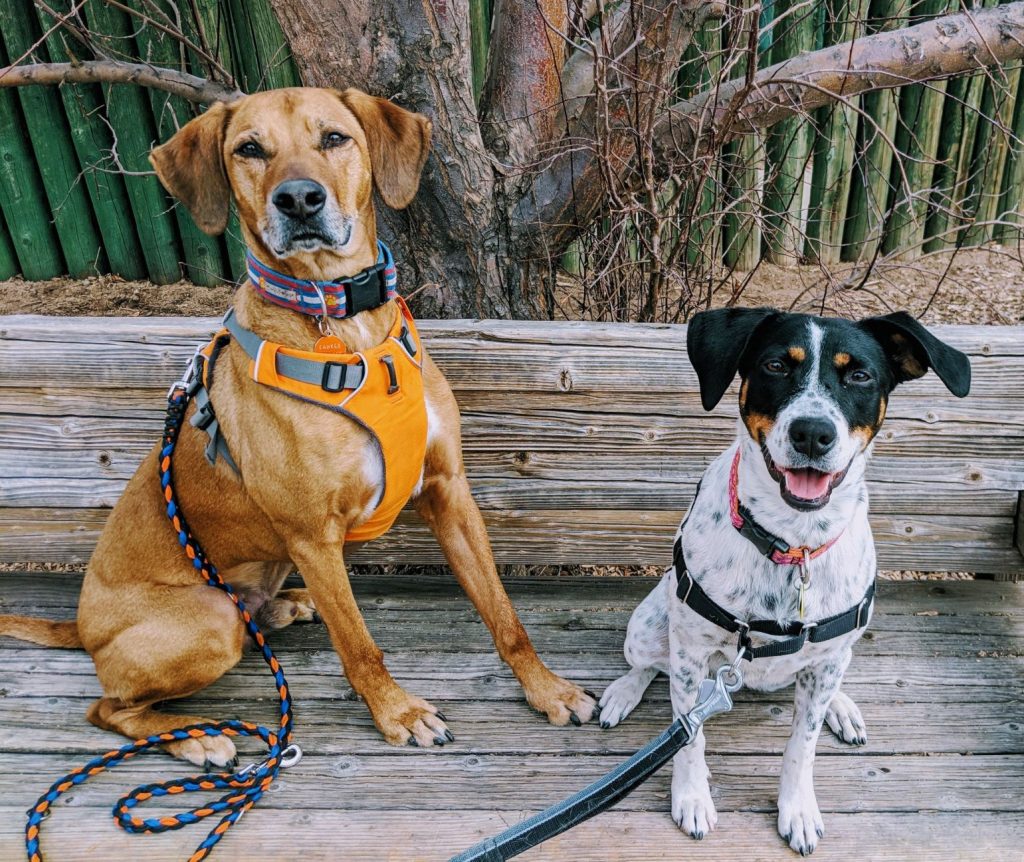
I’m a big fan of using the language “yet” or “right now” when describing our dog’s limitations, as in, “My dog can’t focus in outdoor environments yet” or “My dog isn’t able to greet people nicely on leash right now”. This leaves us open to the changes that we are working toward, and reminds us that our dog will be able to do these things at some point, even if that isn’t right now. Train the dog in front of you, including when that dog is showing you that they are much more focused, or much more confident. Allow your dog to show off their new skills to you, and challenge their learning by taking those skills on the road. I can’t emphasize enough how important it is to work within your dog’s skill level so that they can be successful, but learn to recognize when you are ready to move forward.
